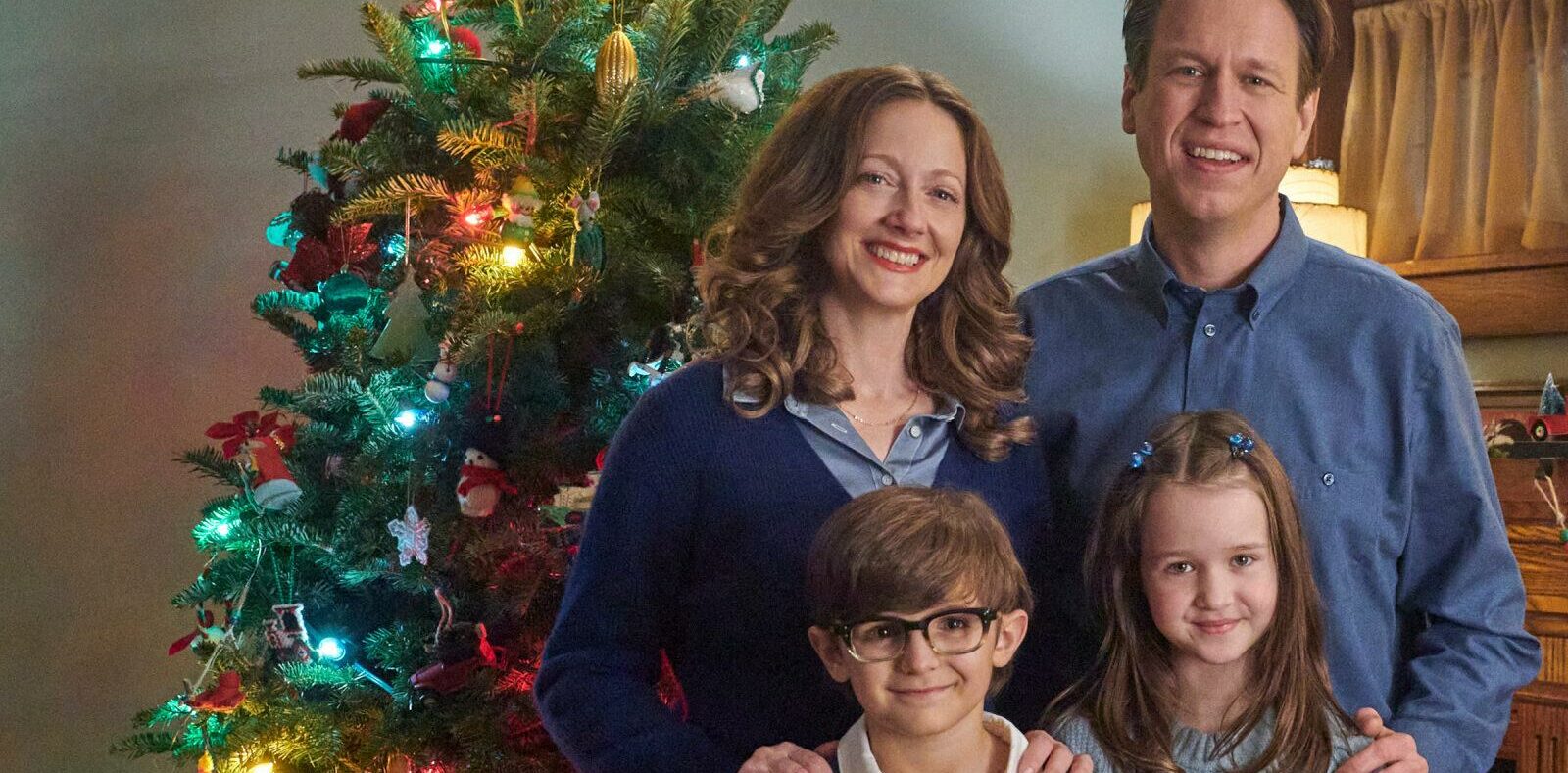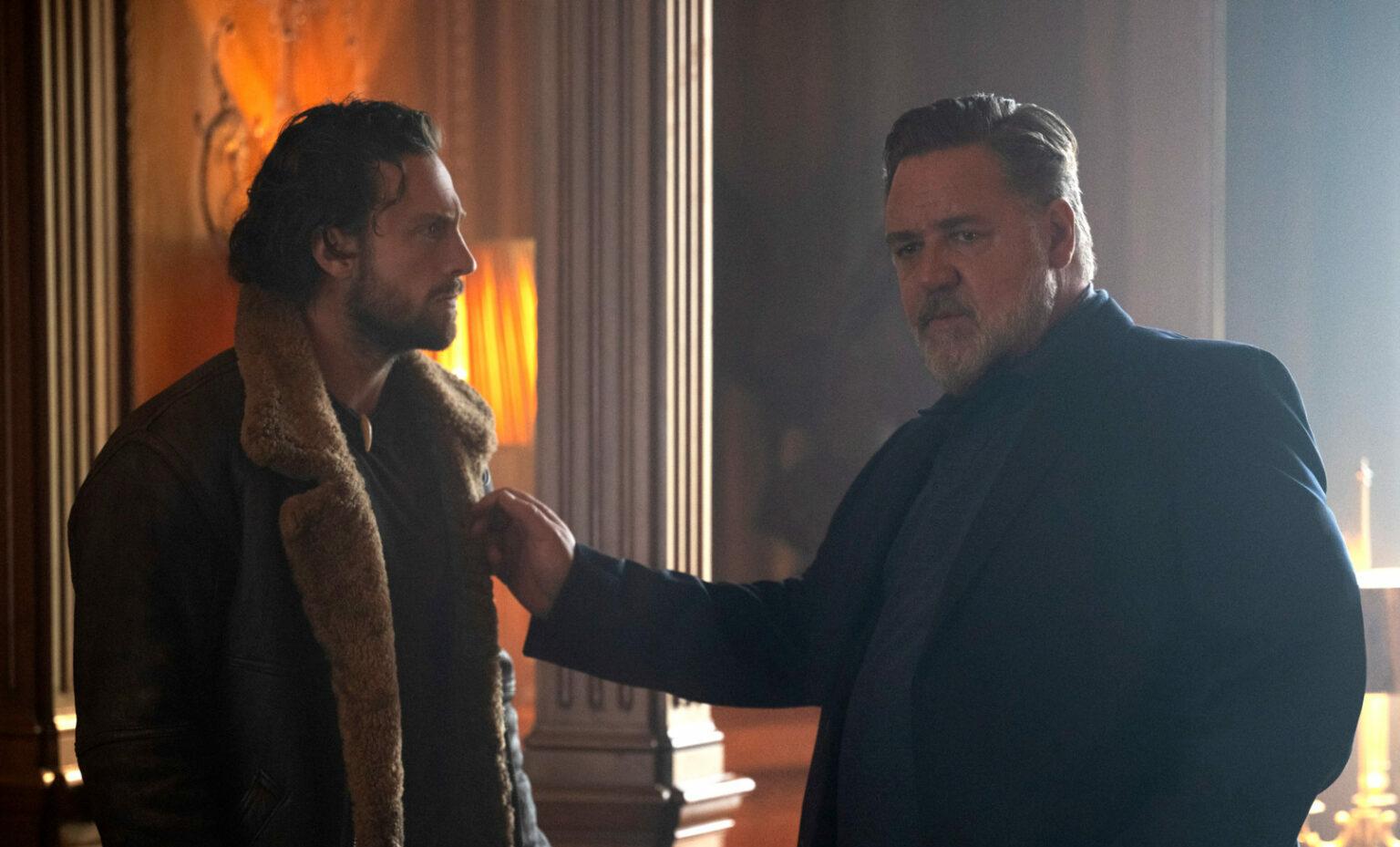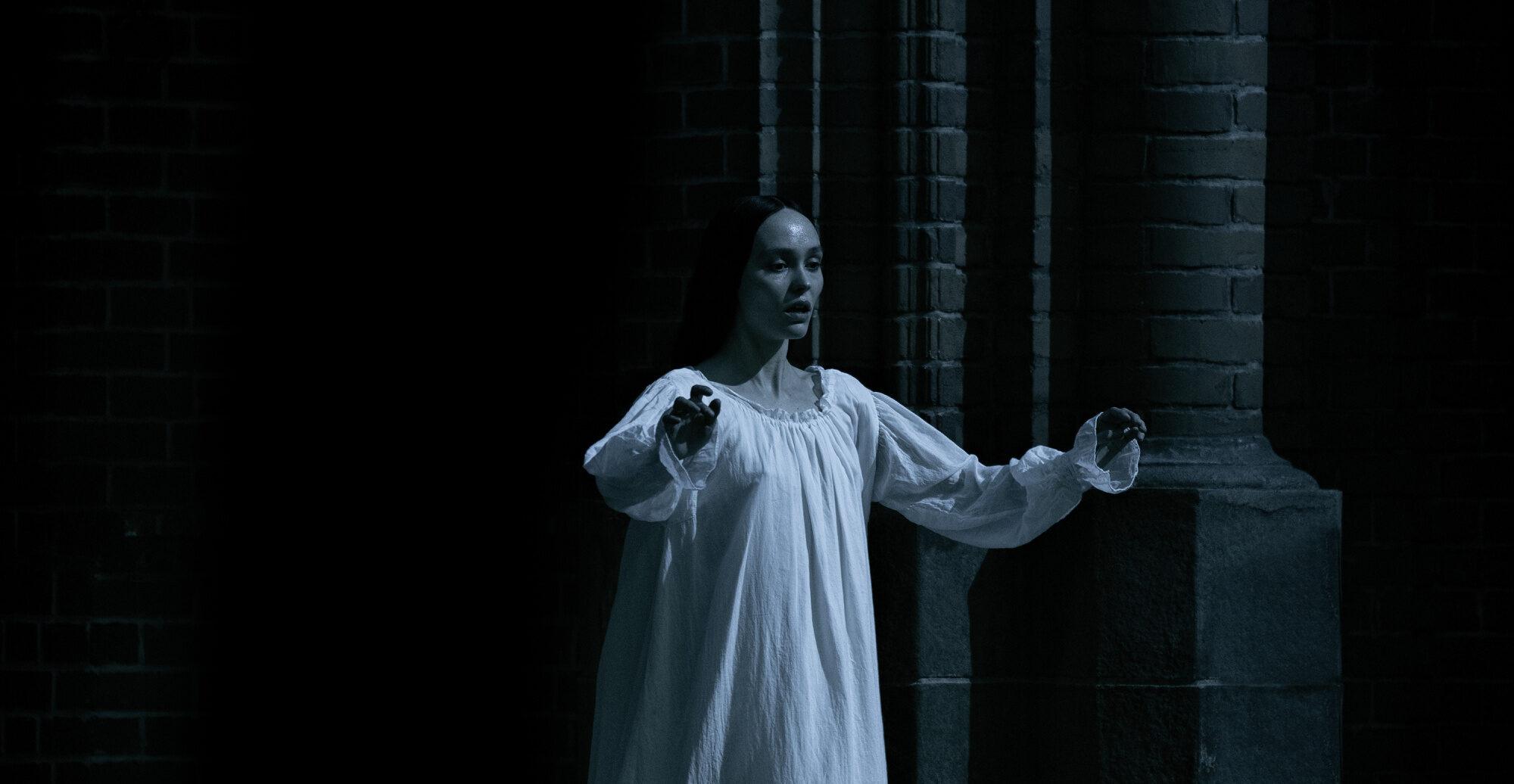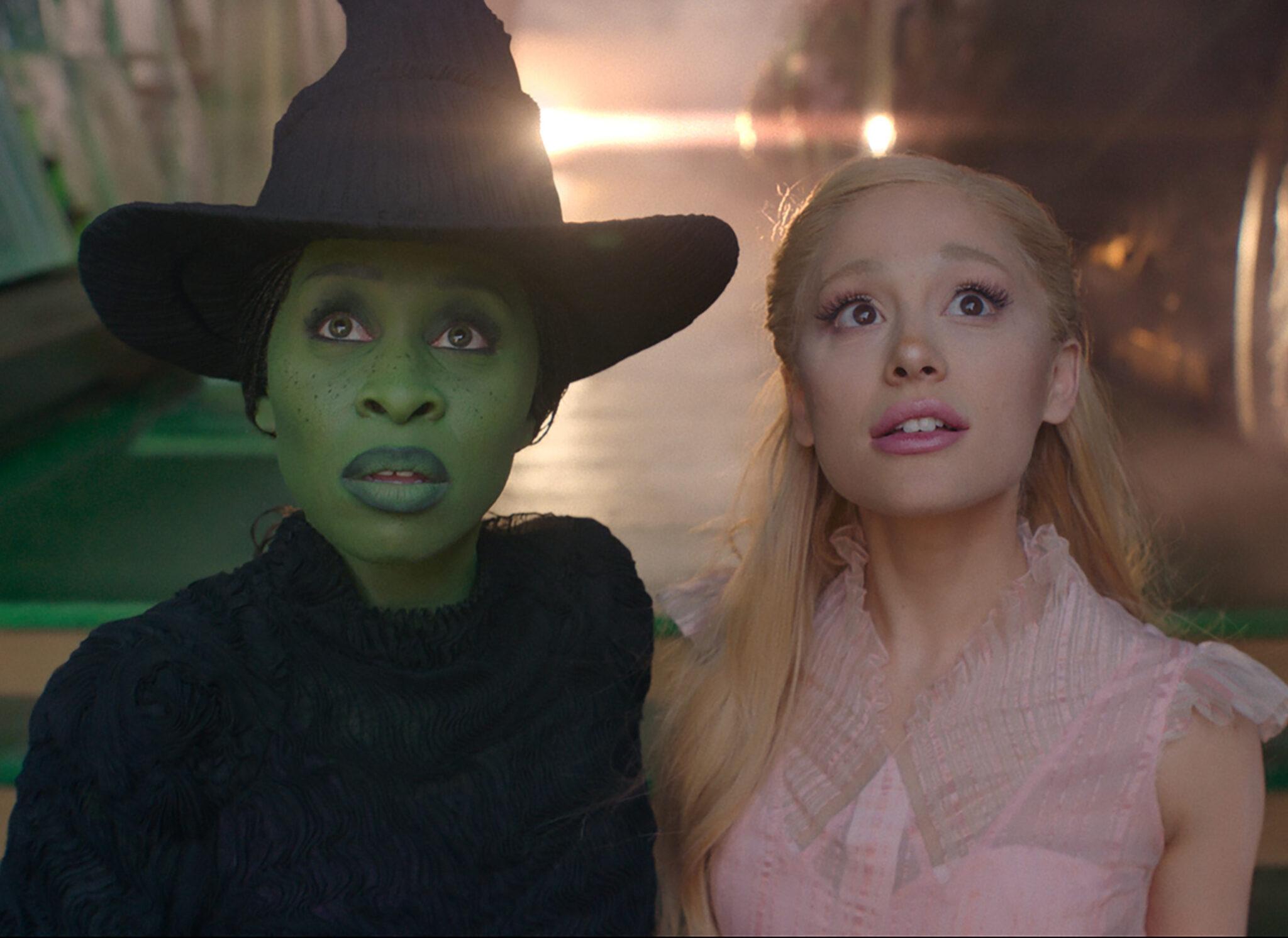VERDICT: A cadre of feral siblings teach a small town the true meaning of Christmas in a rare faith-based film that doesn’t oversell its message.
First published in 1972, Barbara Robinson’s charming novel The Best Christmas Pageant Ever became instantly beloved — spawning a TV movie and countless community-theater productions — for its hilarious tale of outrageously ill-mannered kids, stuffy small-town church ladies and, of course, the true meaning of Christmas. Whatever homilies Robinson’s book offers are delivered with the most delicate of touches, and that sensitive handling mostly spills over into this new film version.
Director Dallas Jenkins, best known for his popular life-of-Christ TV series The Chosen, comes from the world of faith-based media, and that world is not generally known for delicacy in its messaging, so it counts as a Christmas miracle that Best Christmas Pageant generally avoids heavy-handed sermonizing.
(Except maybe for the part where he edits moments from The Chosen’s version of the Nativity into the film’s titular presentation. It’s brief.) Jenkins and his screenwriters even keep Robinson’s observation about Mary and Joseph being refugees which, in the wake of the 2024 U.S. presidential campaign, feels downright progressive.
Set in the 1970s, Pageant tells the story of a small town’s 75th annual Christmas Pageant, a stolid affair where church kids don choir robes or (for the shepherds) their dad’s bathrobes to tell the story of the birth of Jesus. But the 75th pageant promises to be a real game-changer after its venerable director breaks both legs and is forced to pass the reins to Grace (Judy Greer), a stay-at-home mom who is constantly being judged by the other church ladies, a squadron of busybodies.
Meanwhile, the Herdman family from the wrong side of the tracks wage a reign of terror over the local school; the Herdman kids steal and smoke cigars and start fires, and they frighten classmates and teachers alike. Among those classmates are Grace’s daughter Beth (Molly Belle Wright) and son Charlie (Sebastian Billingsley-Rodriguez).
When Charlie lies to one of the Herdmans and says they get all the desserts and snacks they want at church — the one place in town that has been a Herdman-free zone — the Herdman siblings show up at Sunday school for the first time.
The siblings eventually commandeer all the major roles in the pageant by once again intimidating the other kids, including uptight fussbudget Alice (Lorelei Olivia Mote), who had previously always been cast as Mary. The prim church elders are aghast, but Grace — with some support from a compassionate pastor (Kirk B.R. Woller, The Chosen) — presses on with this rambunctious cast of players.
Fleshing out Robinson’s book to feature length, a trio of screenwriters has beefed up the role of Herdman’s ringleader, Imogene (Beatrice Schneider, The Pradeeps of Pittsburgh). While the Herdmans, for all their swagger and anti-social behavior, have always been portrayed as empathetic to Mary and Joseph as impoverished outsiders, this version shows that Imogene relishes the opportunity to play the Blessed Virgin because it will give her a chance to enact the sweet, serene person that Imogene herself never gets to be. It’s a choice that makes this Pageant as much about the art of acting and performance as it is about seeing the Christmas story from a new perspective.
The production designers and customers created a 1970s that is recognizable for anyone who was there, with lots of earth tones and the occasional frilly collar; this isn’t a disco-lampoon period piece, but rather one that knows how kids in middle-class and working-class families looked and dressed.
The performances also feel period-appropriate, particularly Greer’s turn as a woman who seems constantly to be biting her lip rather than saying what she feels to those church moms and even to her occasionally clueless husband (Pete Holmes); it also helps that Greer can land a deadpan one-liner like few others.
Wright is open-faced and understanding, guiding viewers through both story and theme with subtlety — Lauren Graham narrates the film as adult Beth — while Mote and Danielle Hoetmer nail their scenes as daughter-and-mother snobs and scolds.
The Best Christmas Pageant Ever would be notable enough in the annals of faith-based cinema for a being a film whose villains aren’t atheists and the ACLU but instead, priggish church-goers who miss the point of Jesus’ actual teachings. That the film is also funny and heartfelt places it squarely among holiday films that encourage annual viewings.














